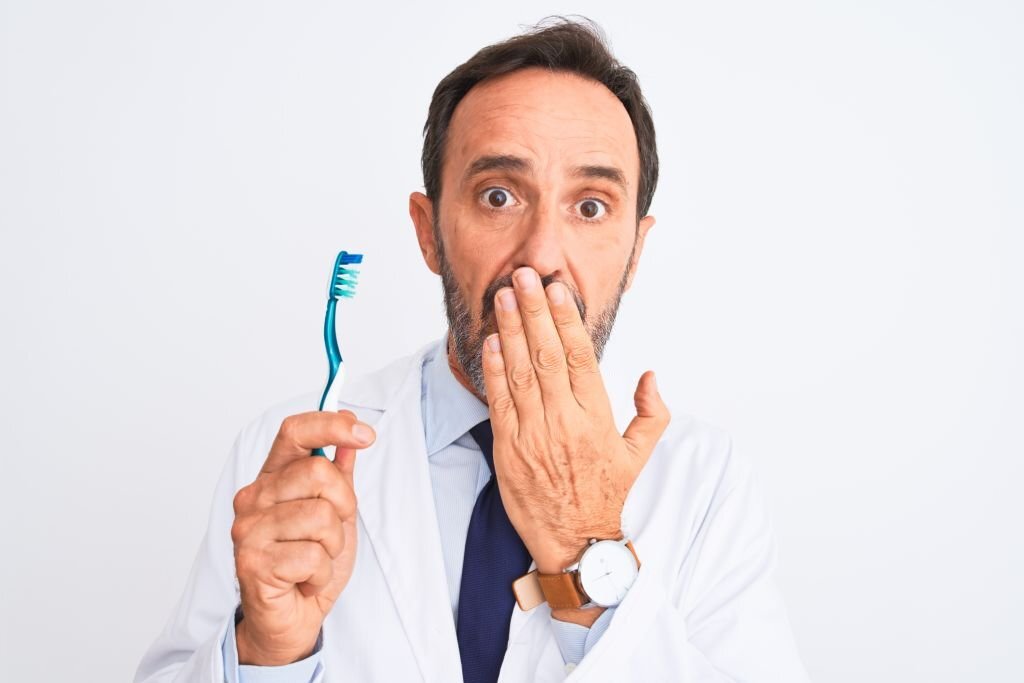Introduction:
Dental health plays a crucial role in a child’s overall well-being. Unfortunately, there are several myths and misconceptions surrounding oral care that can impact children’s dental habits and long-term oral health. In this blog, we will debunk some of the most common dental myths and misconceptions prevalent among children. By separating fact from fiction, we aim to provide parents, caregivers, and children with accurate information to foster proper dental hygiene practices and ensure optimal oral health. Let’s explore these myths and help children develop a solid foundation for a lifetime of healthy smiles.
Myth 1: Baby Teeth Don’t Matter
Dispelling the misconception that baby teeth are not important since they will eventually fall out.
Explaining the essential roles of baby teeth in speech development, proper nutrition, and maintaining space for permanent teeth.
Highlighting the consequences of neglecting baby teeth, such as tooth decay, infection, and potential orthodontic issues.
Myth 2: Sugar Is the Main Cause of Cavities
Addressing the myth that sugar alone is solely responsible for tooth decay.
Explaining the role of bacteria in the mouth, which interact with sugar to produce acids that attack tooth enamel.
Emphasizing the importance of overall oral hygiene practices, including regular brushing, flossing, and dental check-ups, in cavity prevention.
Myth 3: Brushing Harder and Longer Equals Cleaner Teeth
Discussing the misconception that vigorous brushing and spending excessive time brushing lead to cleaner teeth.
Explaining that aggressive brushing can damage tooth enamel, irritate gums, and increase tooth sensitivity.
Educating children on proper brushing techniques, including gentle circular motions and brushing for a recommended duration of two minutes.

Myth 4: Only Sugar-Sweetened Treats Cause Cavities
Clarifying that cavities can develop from not only sugar-sweetened treats but also other carbohydrate-rich foods like chips, crackers, and bread.
Explaining how bacteria in the mouth convert carbohydrates into acids, leading to tooth decay.
Encouraging children to make healthier snack choices and to practice good oral hygiene after consuming any food or beverage.
Myth 5: Baby Teeth Don’t Need Dental Check-ups
Addressing the misconception that dental check-ups are unnecessary for baby teeth.
Explaining the importance of early dental visits to monitor oral health, detect and address potential issues, and establish a positive dental experience.
Highlighting the preventive measures that dentists can provide, such as fluoride treatments and dental sealants, to protect baby teeth.
Myth 6: Losing a Baby Tooth Early Is Not a Concern
Explaining the misconception that losing a baby tooth prematurely is not a problem.
Discussing the potential consequences of early tooth loss, including misalignment of permanent teeth and speech difficulties.
Encouraging parents to consult with a dentist if a baby tooth is lost earlier than expected.
Myth 7: Dental X-Rays Are Harmful
Addressing concerns about the safety of dental X-rays.
Explaining the minimal radiation exposure during dental X-rays and the use of lead aprons and digital imaging technology to minimize risks.
Highlighting the vital role of dental X-rays in detecting hidden dental problems and monitoring tooth development.
Myth 8: Braces Are Only for Aesthetic Purposes
Dispelling the misconception that braces are solely for improving the appearance of teeth.
Explaining the functional benefits of braces, such as correcting misaligned bites, improving speech, and preventing jaw-related issues.
Highlighting the importance of orthodontic evaluation and early intervention to address dental alignment concerns.
Myth 9: Mouthwash Can Replace Brushing and Flossing
Clarifying the misconception that mouthwash alone can substitute proper brushing and flossing.
Explaining that mouthwash is a supplementary oral care product and should be used in conjunction with regular brushing and flossing.
Encouraging children to use mouthwash as directed by their dentist and to prioritize brushing and flossing as the primary oral hygiene practices.
Conclusion:
By debunking these common dental myths and misconceptions, we hope to empower parents, caregivers, and children with accurate information about oral health. Proper dental care practices, including regular brushing, flossing, and dental check-ups, are essential for maintaining healthy teeth and gums throughout life. By separating fact from fiction, we can ensure that children develop positive dental habits early on and enjoy the benefits of a lifetime of excellent oral health. Remember, educating children about proper oral care and consulting with a dentist are key steps in fostering a lifetime of healthy smiles.


